Have you considered how deeply Black history has shaped the cultural landscape of the UK? From music to food, Black heritage has intricately woven its influence into British society, leaving an undeniable mark that continues to shape the UK we know today.
1. Reggae Music
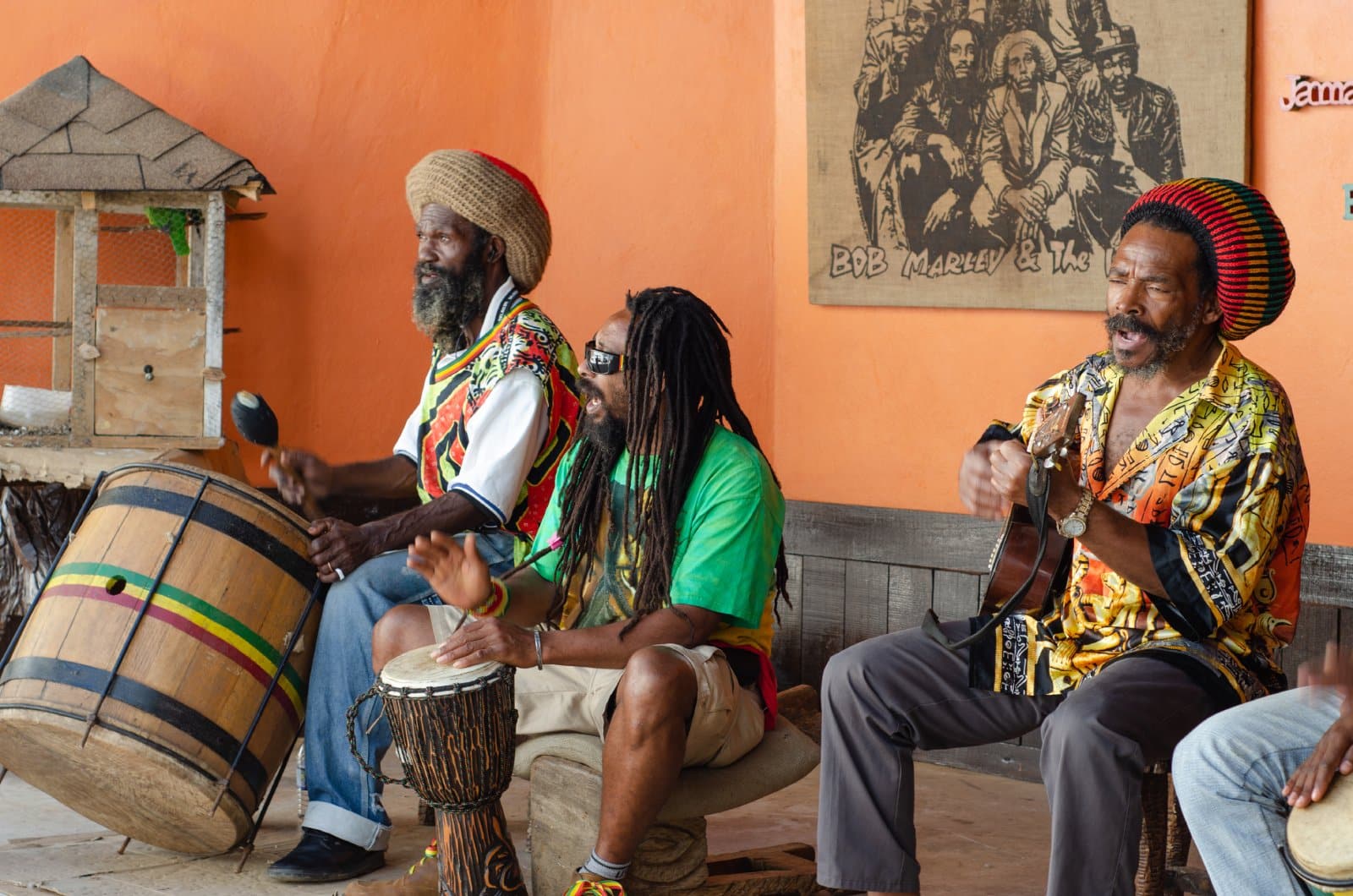
Reggae, with roots in Jamaica, has deeply influenced British music. Bands like UB40 and Steel Pulse highlight this cultural blend. This genre’s themes of resistance and freedom resonate strongly, often becoming anthems for social movements in the UK. The pulsating beats and reflective lyrics of reggae have been adopted and adapted, influencing genres like punk and ska within Britain. Its presence in the UK’s music scene continues to promote messages of unity and resilience.
2. Carnival
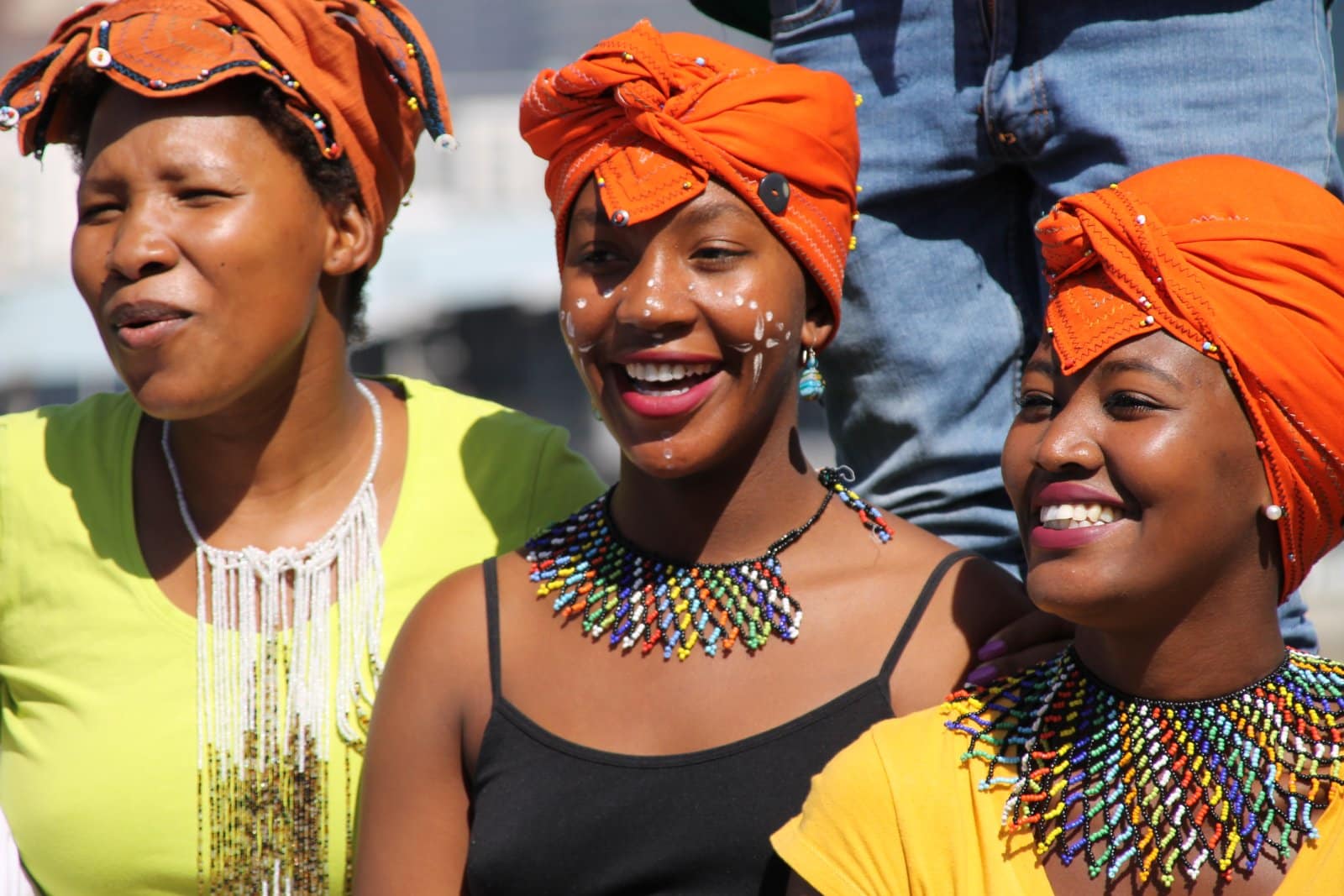
The Notting Hill Carnival, inspired by Caribbean traditions, celebrates Black culture with music, dance, and vibrant costumes. This annual event attracts millions, turning London streets into a riot of colour and sound. It’s a powerful reminder of the Caribbean diaspora’s impact on British culture. The Carnival’s roots in resistance and celebration of freedom echo loudly in today’s political climate, showcasing the community’s enduring spirit against adversity.
3. Caribbean Cuisine
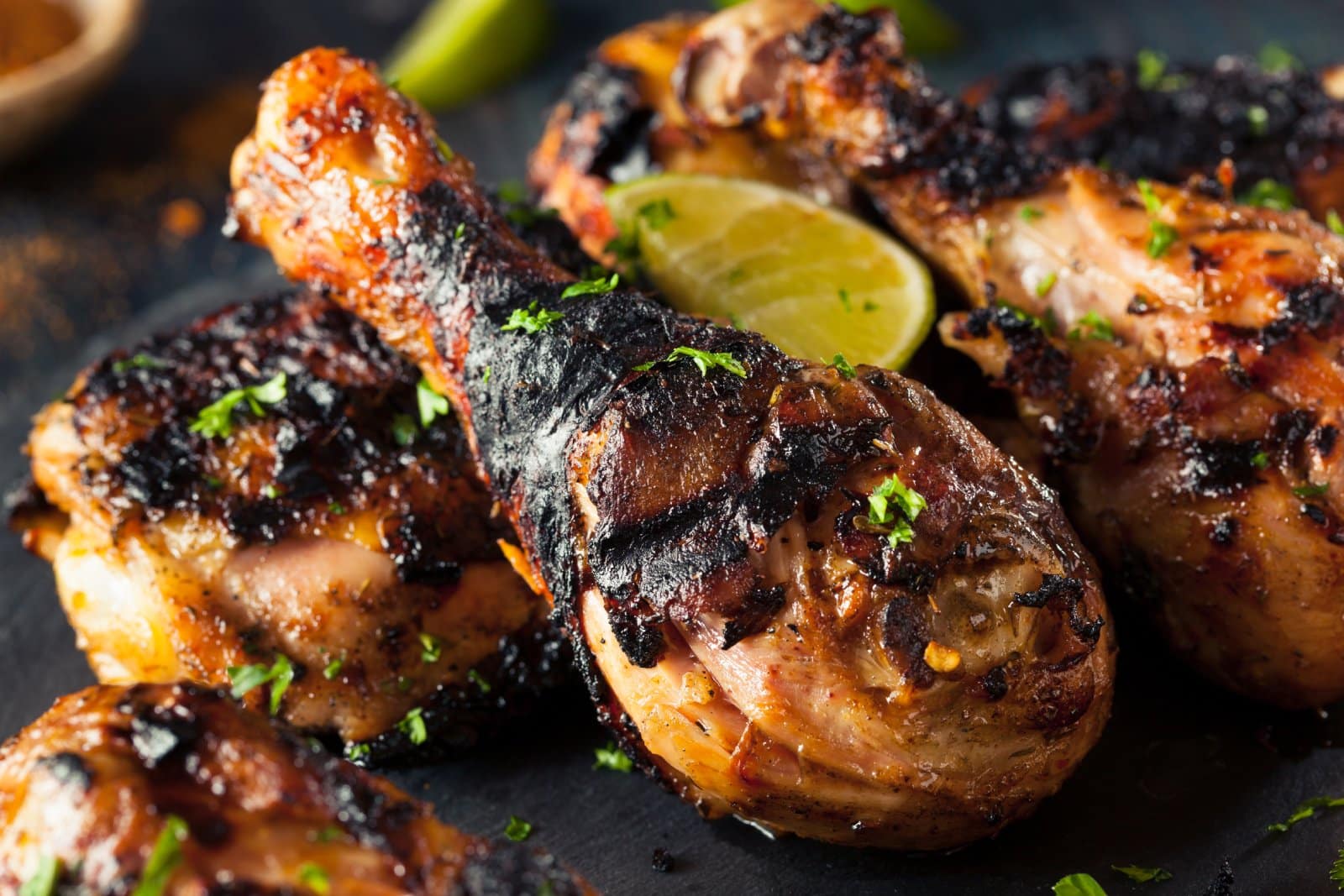
Jerk chicken, rice and peas, and plantains have become staples in the UK, reflecting the influence of Caribbean cuisine. Restaurants and food stalls across the country serve these dishes, bridging cultural gaps through flavour. The popularity of these foods underscores a broader acceptance and appreciation of Caribbean culture. However, it also raises questions about cultural appropriation versus appreciation in the culinary world.
4. Afrobeat
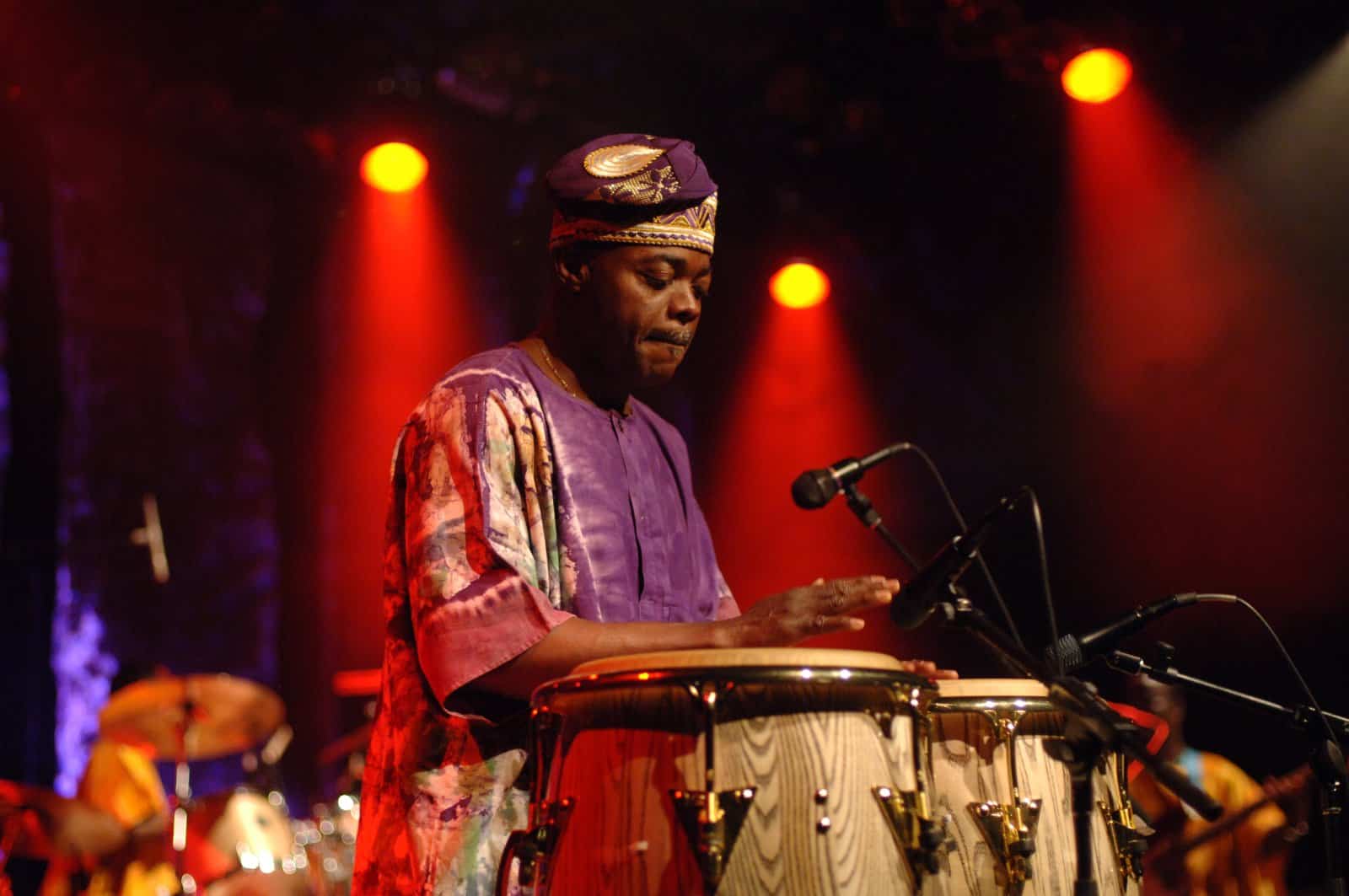
Originating from West Africa, Afrobeat has gained popularity in the UK, with artists like Fela Kuti inspiring many British musicians. This genre’s infectious rhythms and socially conscious lyrics have struck a chord. Events like Afrobeat festivals attract large crowds, celebrating the genre’s rich heritage and contemporary adaptations. Its rise in the UK music scene challenges traditional Western musical dominance, offering a fresh, global perspective.
5. Rastafarianism

This spiritual movement, originating in Jamaica, has a significant following in the UK, particularly influencing music and fashion. Rastafarian ideals of peace, love, and resistance have resonated deeply. The movement’s symbols, like dreadlocks and the red, gold, and green colours, have permeated British culture. Despite often being misunderstood or misrepresented, Rastafarianism continues to influence discussions on spirituality and identity.
6. Hip-Hop
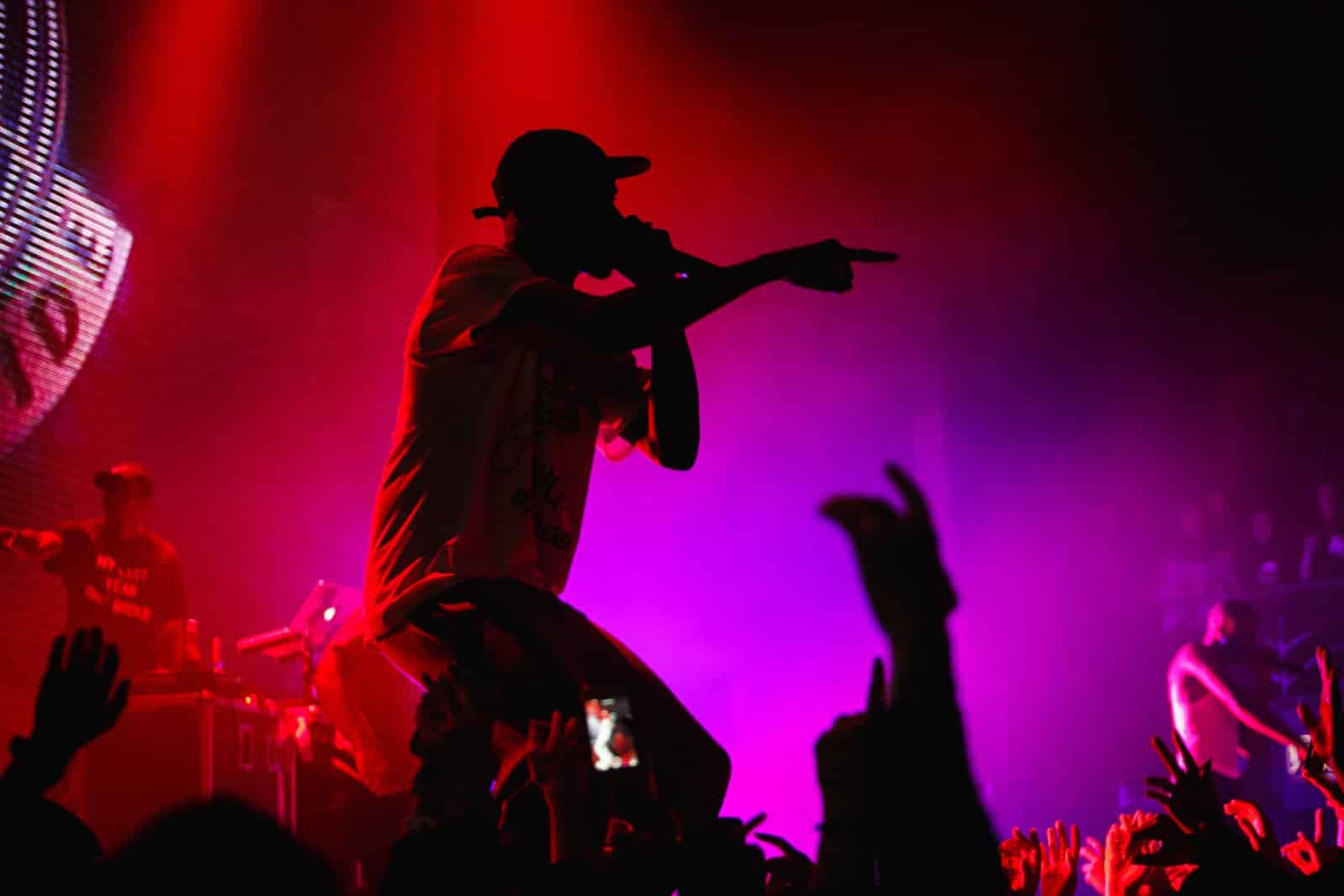
Hip-hop culture, originating in the US, has a strong presence in the UK, with British artists like Stormzy and Skepta leading the way. This genre has become a voice for the disenfranchised, addressing issues from racial inequality to urban life. British hip-hop has its unique flavour, blending local dialects and experiences with the global movement. The genre’s rise highlights the power of music as a tool for social change and self-expression.
7. African Dance
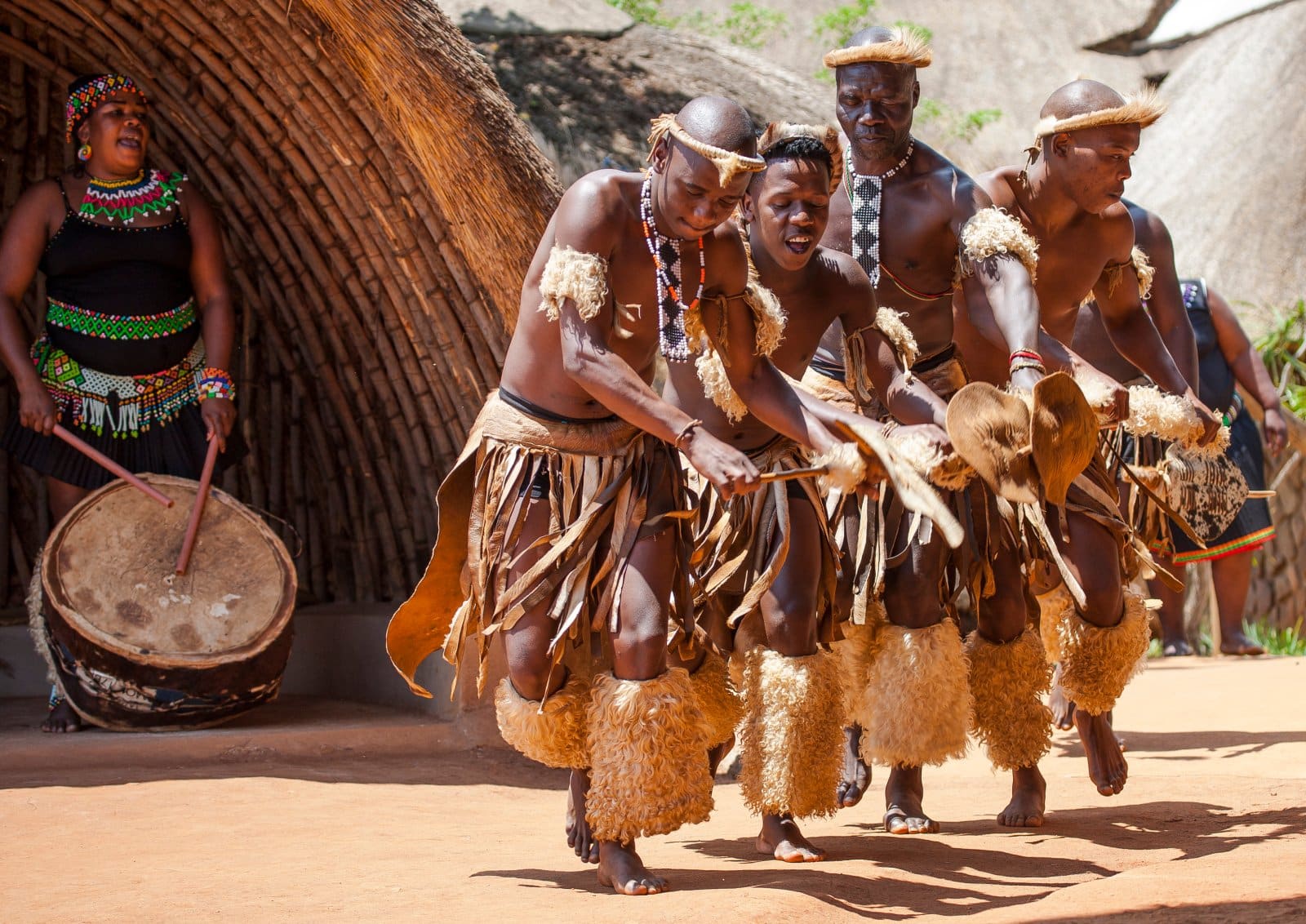
Traditional African dance forms have been incorporated into British dance schools and cultural festivals. These dances, rich in history and meaning, offer a vibrant addition to the UK’s cultural landscape. Workshops and performances celebrate this heritage, educating and entertaining diverse audiences. The inclusion of African dance in mainstream settings challenges the Eurocentric norms of the performing arts.
8. Soul and R&B

Soul and R&B music, with roots in African American culture, have influenced many British artists, contributing to the global music scene. Icons like Amy Winehouse and Adele have drawn heavily from these genres. The emotional depth and vocal prowess required in soul and R&B resonate strongly in the UK. This influence underscores the interconnectedness of Black cultural contributions across the Atlantic.
9. Spoken Word Poetry

Spoken word poetry, a significant aspect of African American culture, has a vibrant scene in the UK, with events and festivals celebrating this art form. Poets use it as a platform to address social issues and personal experiences. The raw, unfiltered nature of spoken word provides a powerful medium for storytelling and activism. Its growing popularity in the UK highlights a hunger for diverse voices and narratives.
10. Fashion

African prints and Caribbean styles have influenced British fashion, visible in both streetwear and high fashion. Designers incorporate bold patterns and traditional fabrics, creating a fusion of cultures. This trend reflects a broader acceptance and celebration of Black aesthetics in mainstream fashion. However, it also prompts discussions about the line between cultural appreciation and appropriation.
11. Literature

Black British authors, inspired by African and Caribbean heritage, have enriched British literature with diverse perspectives. Writers like Zadie Smith and Malorie Blackman offer insights into the Black British experience. Their works challenge stereotypes and broaden the understanding of British identity. The literary contributions of Black authors are crucial in shaping a more inclusive cultural narrative.
12. Theatre

Black theatre groups and plays focusing on Black experiences have become integral to the UK’s performing arts scene. Productions often explore themes of identity, racism, and resilience. These narratives provide a platform for underrepresented voices in British theatre. The growing recognition of Black theatre underscores a shift towards more inclusive storytelling in the arts.
13. Film

The influence of Black filmmakers and actors has grown, with movies that explore Black British life and history gaining acclaim. Films like “Blue Story” and “Lovers Rock” highlight the complexities of the Black experience in the UK. These stories are vital in diversifying British cinema and challenging dominant narratives. The rise of Black British cinema is a testament to the power of representation.
14. Visual Arts
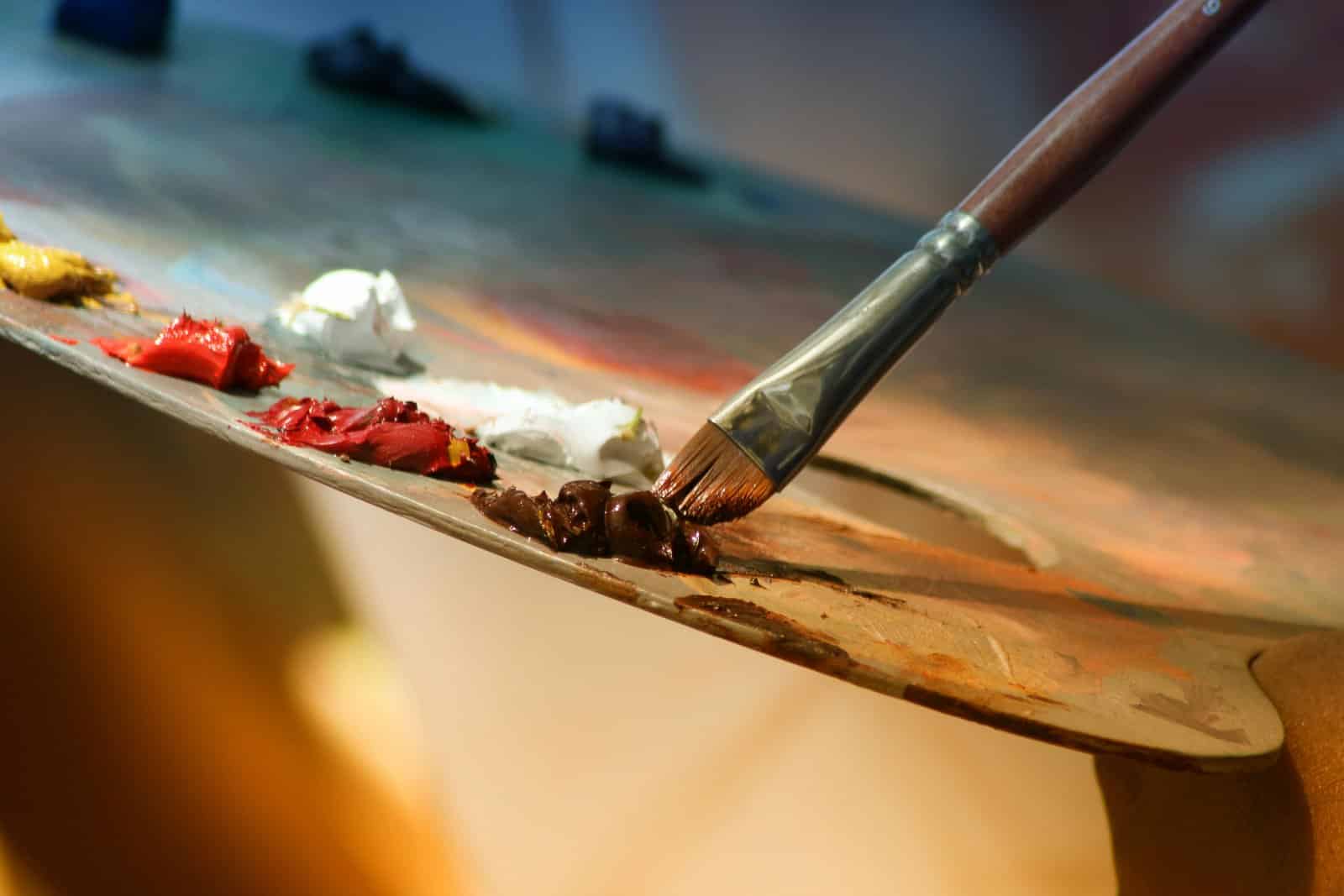
Black artists have significantly contributed to the UK’s visual arts, showcasing African and Caribbean influences. Exhibitions and galleries feature works that reflect diverse cultural heritages. These artists challenge conventional perspectives and push the boundaries of contemporary art. Their work is crucial in broadening the scope of the British art scene.
15. Social Movements
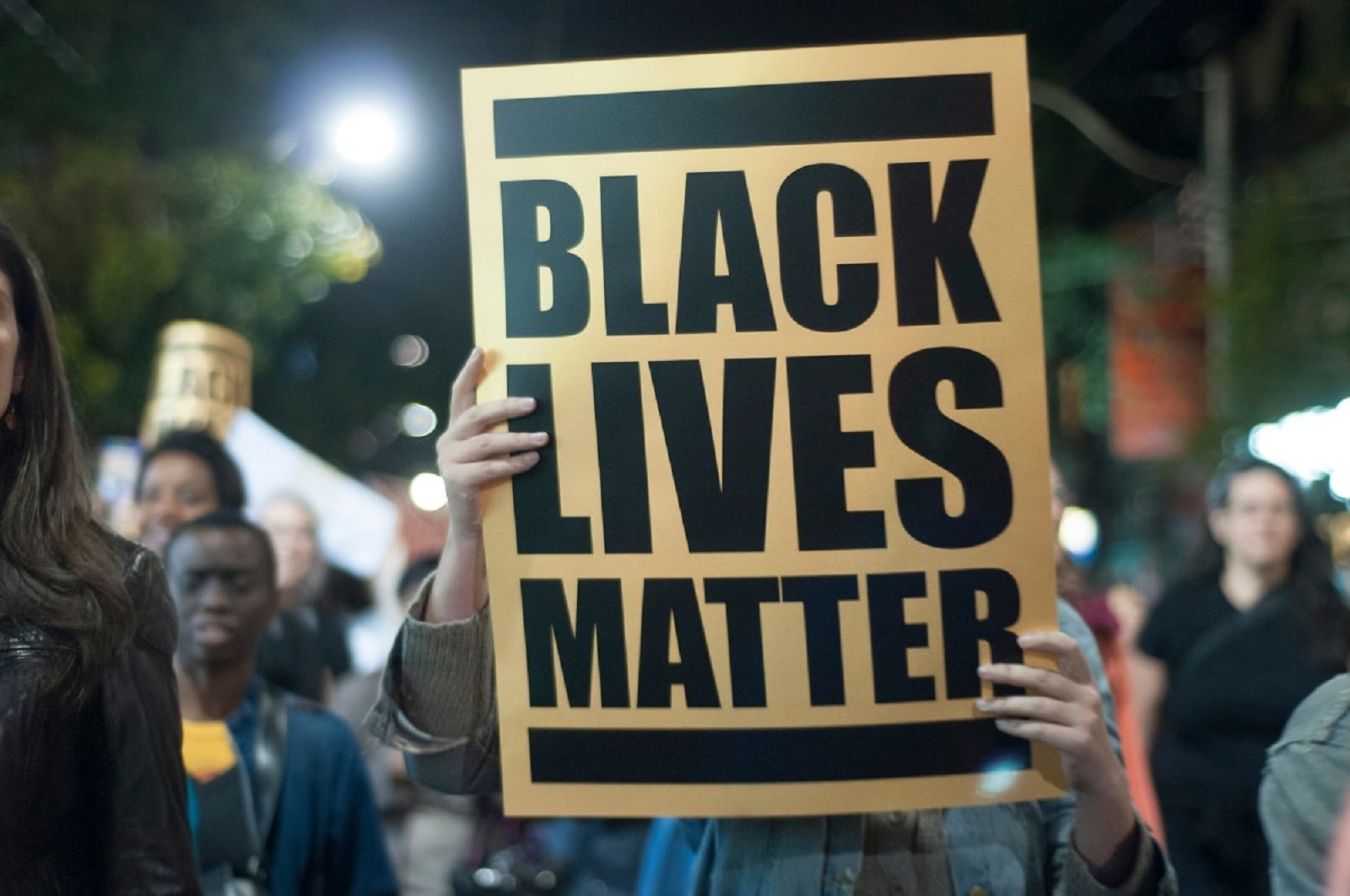
Movements like Black Lives Matter have had a profound impact, sparking nationwide conversations about race and equality. Protests and campaigns have brought issues of systemic racism to the forefront. These movements have mobilized a new generation of activists in the UK. The ongoing fight for justice highlights the persistent inequalities faced by Black communities.
16. Hair Culture
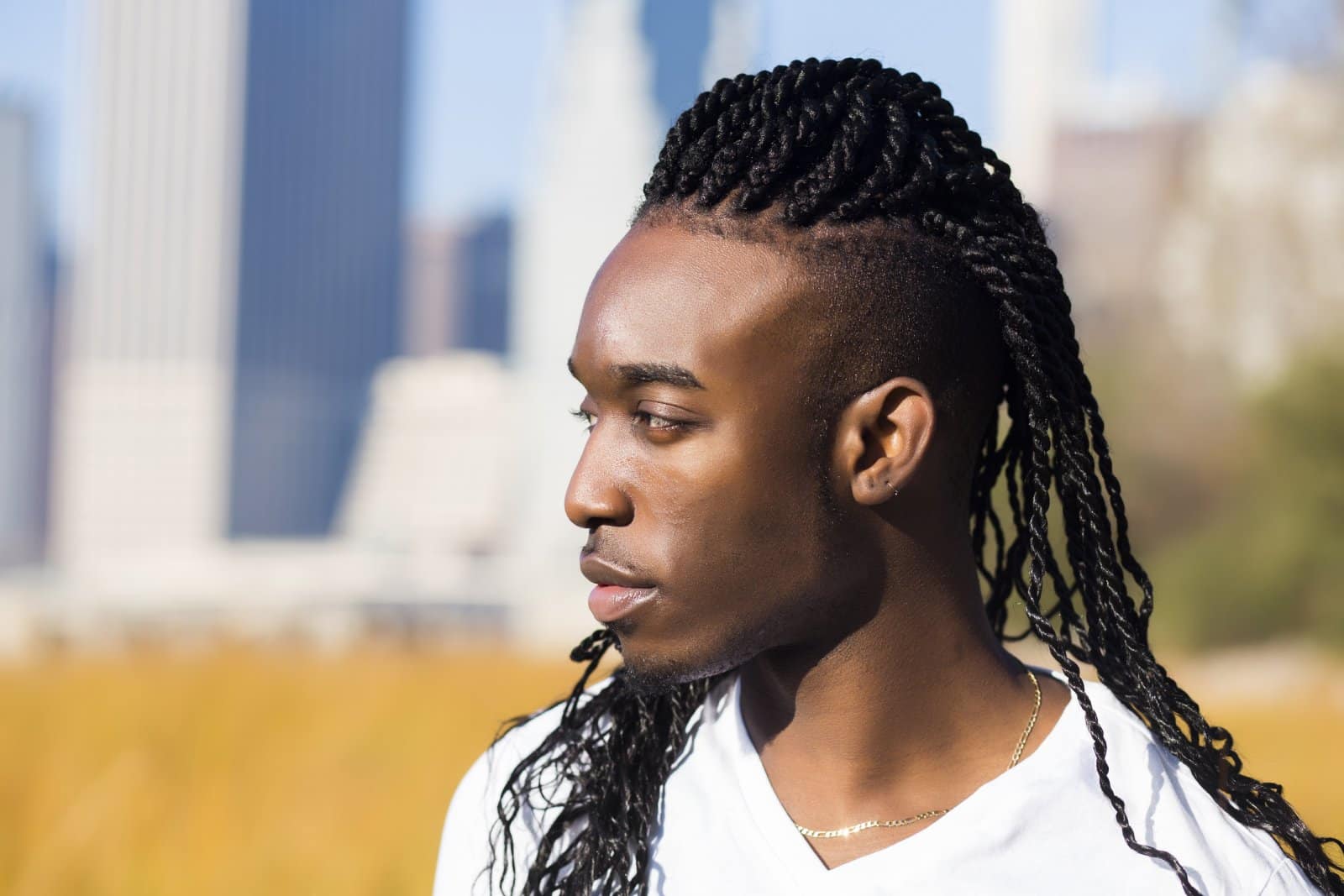
Natural hair movements and styles, such as afros and braids, have been embraced widely in the UK. This acceptance marks a significant shift towards celebrating Black beauty standards. Hair salons and products catering to natural hair have flourished. The movement also challenges historical stigmas associated with Black hair, promoting pride and self-acceptance.
17. Sports
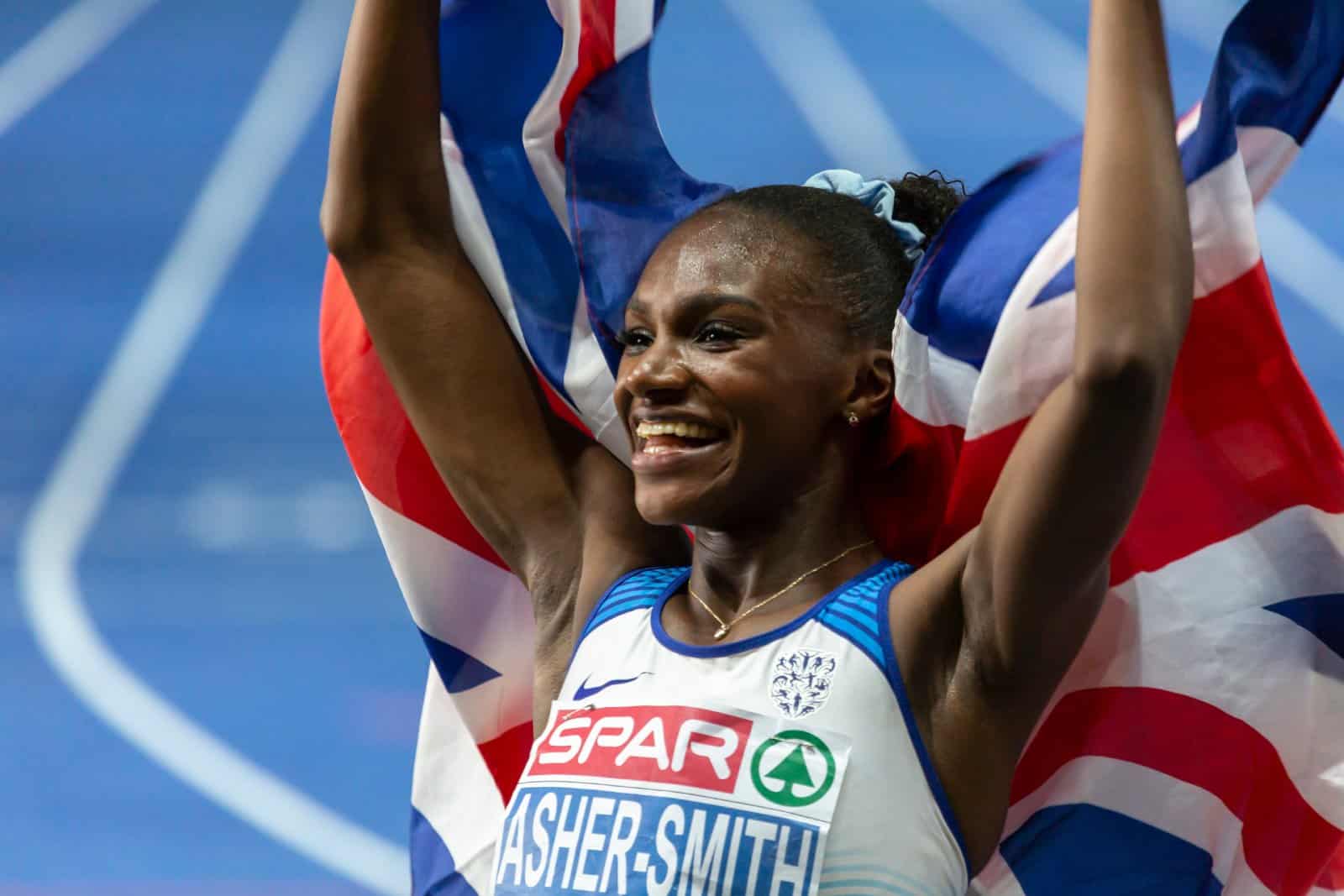
Black athletes have excelled in various sports, breaking barriers and inspiring future generations. Icons like Mo Farah and Dina Asher-Smith have become national heroes. Their achievements highlight the importance of diversity in sports. However, they also expose ongoing issues of racism and inequality within the industry.
18. Education

Black history is increasingly included in school curriculums, educating young people about Black contributions to society. Initiatives like Black History Month promote awareness and understanding. This inclusion is crucial in fostering a more inclusive and accurate portrayal of history. It also helps combat ignorance and prejudice from a young age.
19. Festivals
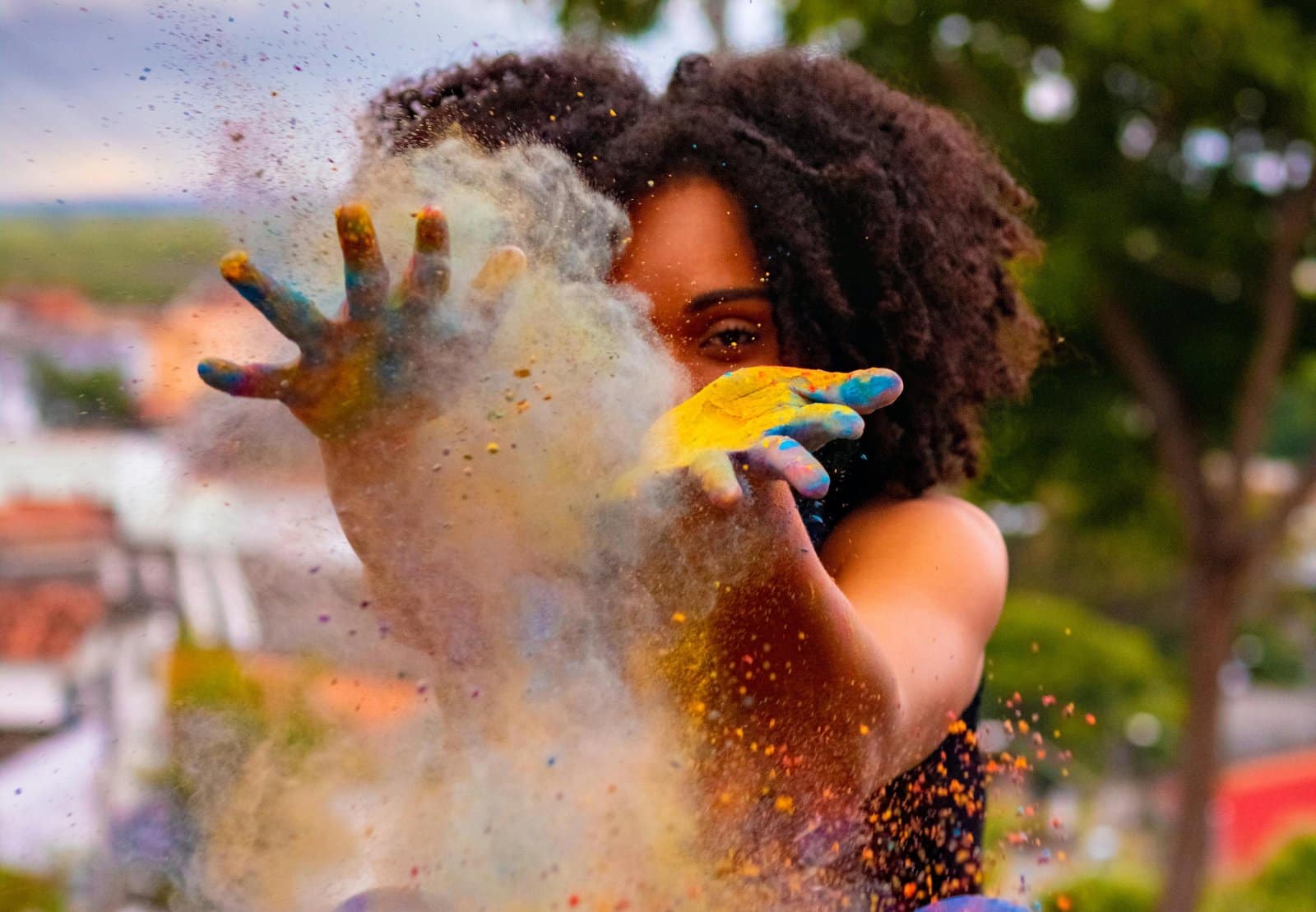
Various festivals celebrate Black culture, such as Africa Oye and the Afro-Caribbean Festival, showcasing music, food, and arts. These events attract diverse crowds and promote cultural exchange. They are a testament to the vibrancy and resilience of Black communities. Festivals also provide a platform for artists and performers to share their heritage and talents.
20. Entrepreneurship

Black entrepreneurs have influenced the UK economy, launching businesses that celebrate and promote Black culture. Their success stories inspire future generations of business leaders. However, they often face systemic barriers that require continued advocacy and support. Promoting Black entrepreneurship is essential for economic equity and innovation.
Embracing Diversity

The UK’s adoption of these Black cultural elements highlights a rich, evolving tapestry of diversity. Celebrating these influences enriches British society and fosters a deeper understanding and appreciation of Black heritage.
Featured Image Credit: Shutterstock / Monkey Business Images.
For transparency, this content was partly developed with AI assistance and carefully curated by an experienced editor to be informative and ensure accuracy.

